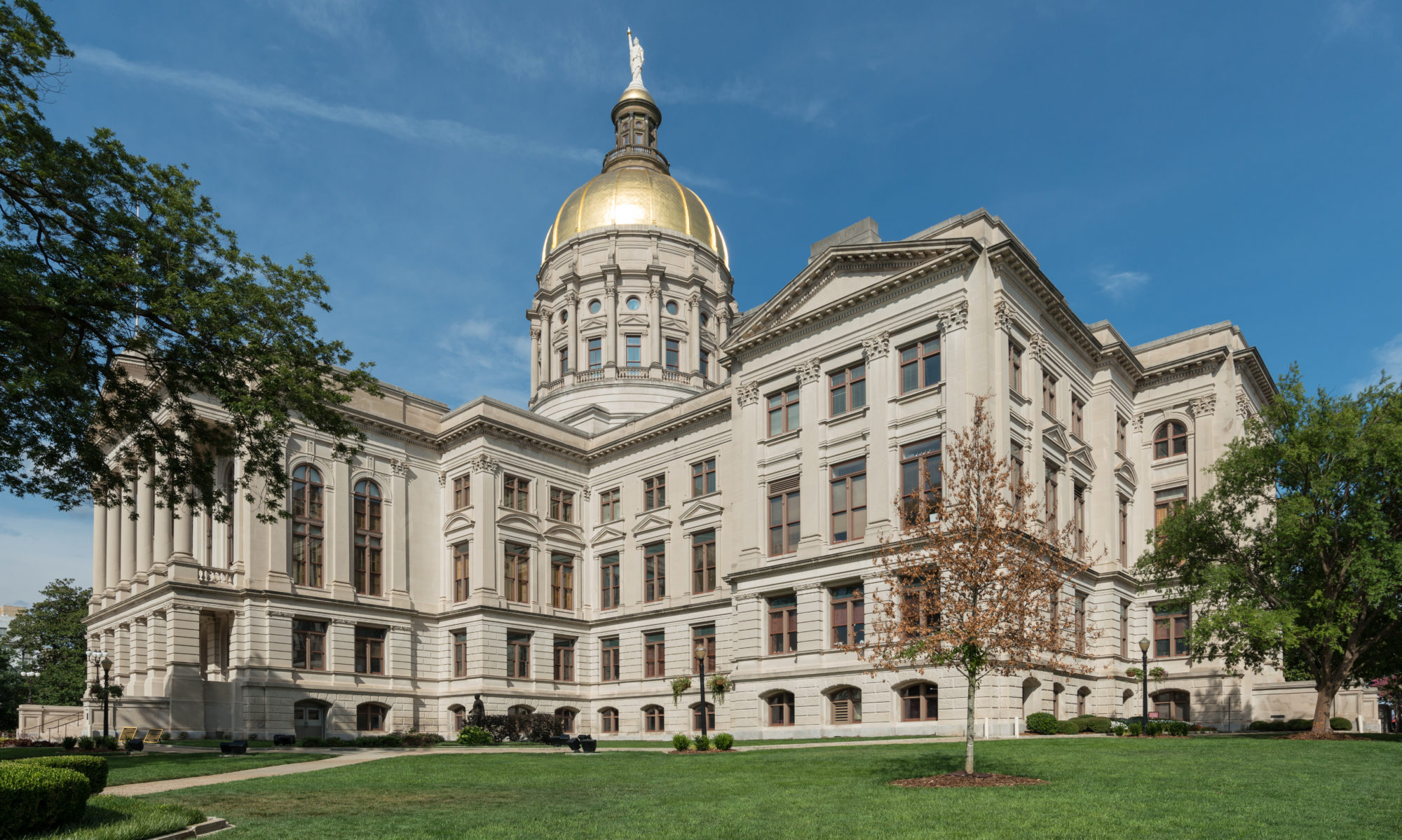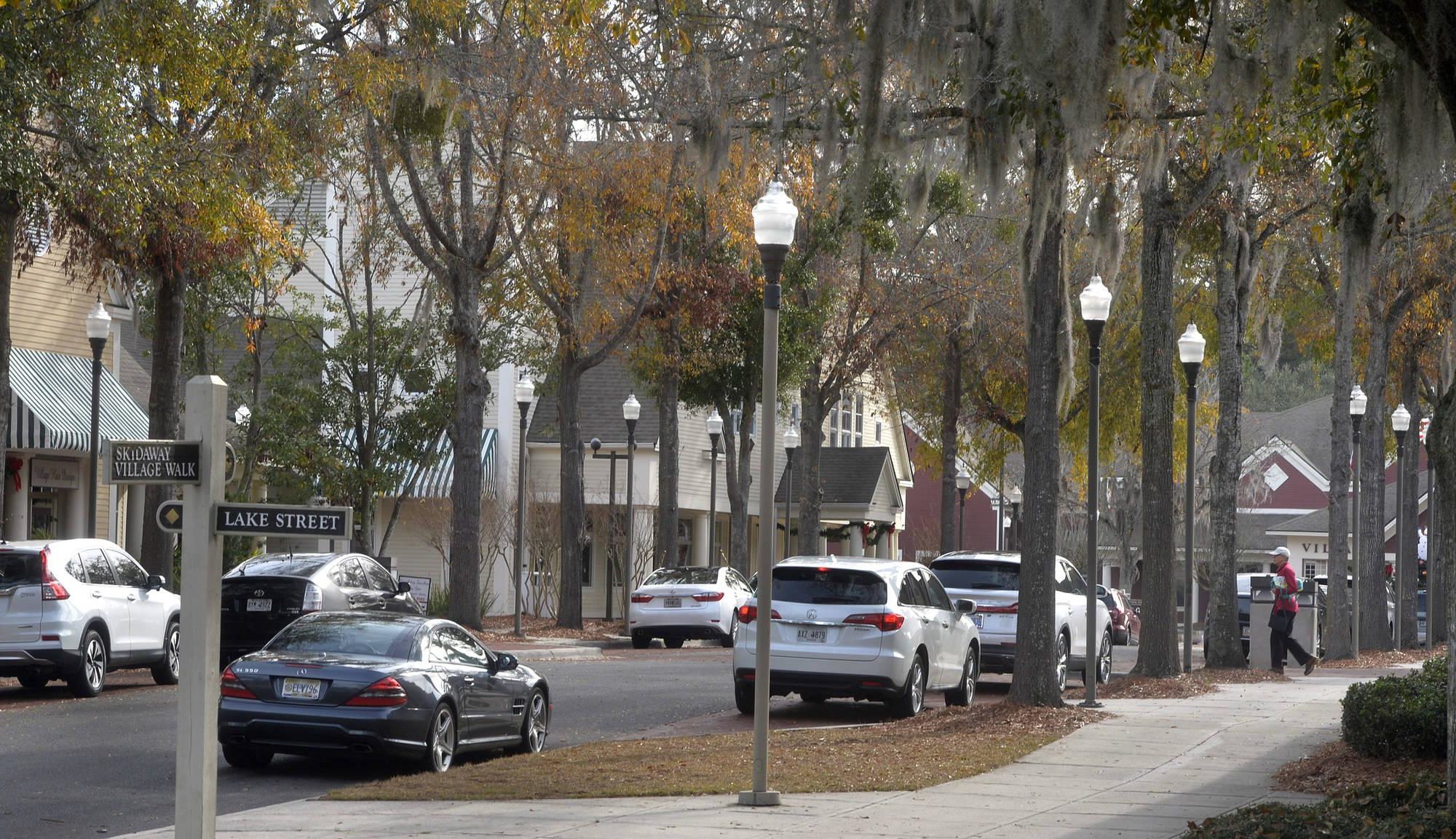Georgia’s voting system reform efforts will go beyond the ballot.
State legislators held committee hearings this week on House Bill 316, which will ultimately lead to the replacement of our outdated touch-screen voting machines. Much of the debate focused on how Georgians will cast votes — via a new touch-screen device or a hand-marked paper ticket.
But just as encouraging as the ballot discourse was the inclusion of several other important voting system updates in the bill. Those improvements include changes to how the Secretary of State’s office purges voter rolls and how county election officials close or relocate voting precincts and handle absentee ballots.
The bill also calls for Georgia to enroll in a multi-state voter registration database, known as the Electronic Registration Information Center or ERIC, to help identify voters who move out of state or die between elections. ERIC is a state-funded nonprofit organization founded with assistance from the Pew Charitable Trusts.
These initiatives address many of the issues that turned the November 2018 election into a bare-knuckle brawl regarding voter suppression — a dispute that attracted national attention.
Georgia saw a record number of voters cast midterm ballots, but the top-of-the-ticket race between then-Secretary of State Brian Kemp and Stacey Abrams, a staunch voting rights activist, exposed many shortcomings and irregularities in the voting system.
This editorial board called on the Georgia General Assembly to consider widespread reforms on issues, such as voter registration, voter rolls, precincts and election oversight immediately following the midterm. Many of the changes were simple and straightforward and aimed at cleaning up the system with a pragmatic, rather than a partisan, eye.
House Bill 316 does just that. The bill is a work in progress, and we applaud legislators for including these provisions in the initial draft and encourage them to retain and perhaps expand on them as the bill moves forward.
Political ‘sweeteners’
The package that will eventually reach Gov. Brian Kemp for his signature won’t read like the bill as it exists today.
The voting system provisions are likely to remain intact, however, as they act as concessions by the majority party, the Republicans, to gain support from Democratic lawmakers on the broader initiative. To use legislative slang, the sidebar updates are “sweeteners” meant to ease passage of the touch-screen ballot-marking machines favored by the GOP leadership.
All the sweeteners were cherry-picked from bills authored, sponsored and filed earlier this session by Democratic lawmakers. Leaders from both parties, including Speaker pro tem Jan Jones (R-Milton), House Majority Leader Jon Burns (R-Newington) and House Minority Leader Bob Trammell (D-Luthersville), signed off on the larger bill.
HB 316′s author, Rep. Barry Fleming (R-Harlem), opened this week’s committee hearings by saying, “The bill before you is somewhat a bipartisan effort.”
So expect the sweeteners to stay.
Common-sense measures
Politics aside, the proposed changes significantly improve the system.
The purge process updates will have a statewide impact. Under the current statute, registered voters who fail to cast ballots in two consecutive federal elections can be dropped from the rolls. Voters who regularly skip midterm elections — of which there are many — can be purged should they miss just one presidential election.
HB 316 would extend the grace period from two elections, or three years, to three elections and five years.
As for precinct changes, local governments would be required to give 30-day public notice ahead of shuttering or moving polling locations and would be prohibited from doing so within 60 days of a primary or general election.
This move would prevent situations like the one Randolph County voters faced last year. County officials closed seven of Randolph’s nine precincts last fall, citing Americans with Disabilities Act compliance issues with the shut polling locations.
Another point of focus is the handling of absentee ballots and Georgia’s so-called “exact match” standard. Exact match requires that voter registration data, including signatures, on file match the info presented at the polls.
For those who vote in person, any irregularity can be easily addressed at the precinct. But absentee ballots with matching issues can be rejected. One county, Gwinnett in Atlanta’s suburbs, rejected 10 percent of absentee ballots.
Under HB 316, mismatches would trigger the automatic mailing of a provisional ballot to the voter, a record that would be counted once the voter’s ID is verified.
These common-sense measures will strengthen the integrity of the state’s voting system. We encourage all Georgians to encourage their legislators to adopt these changes.



